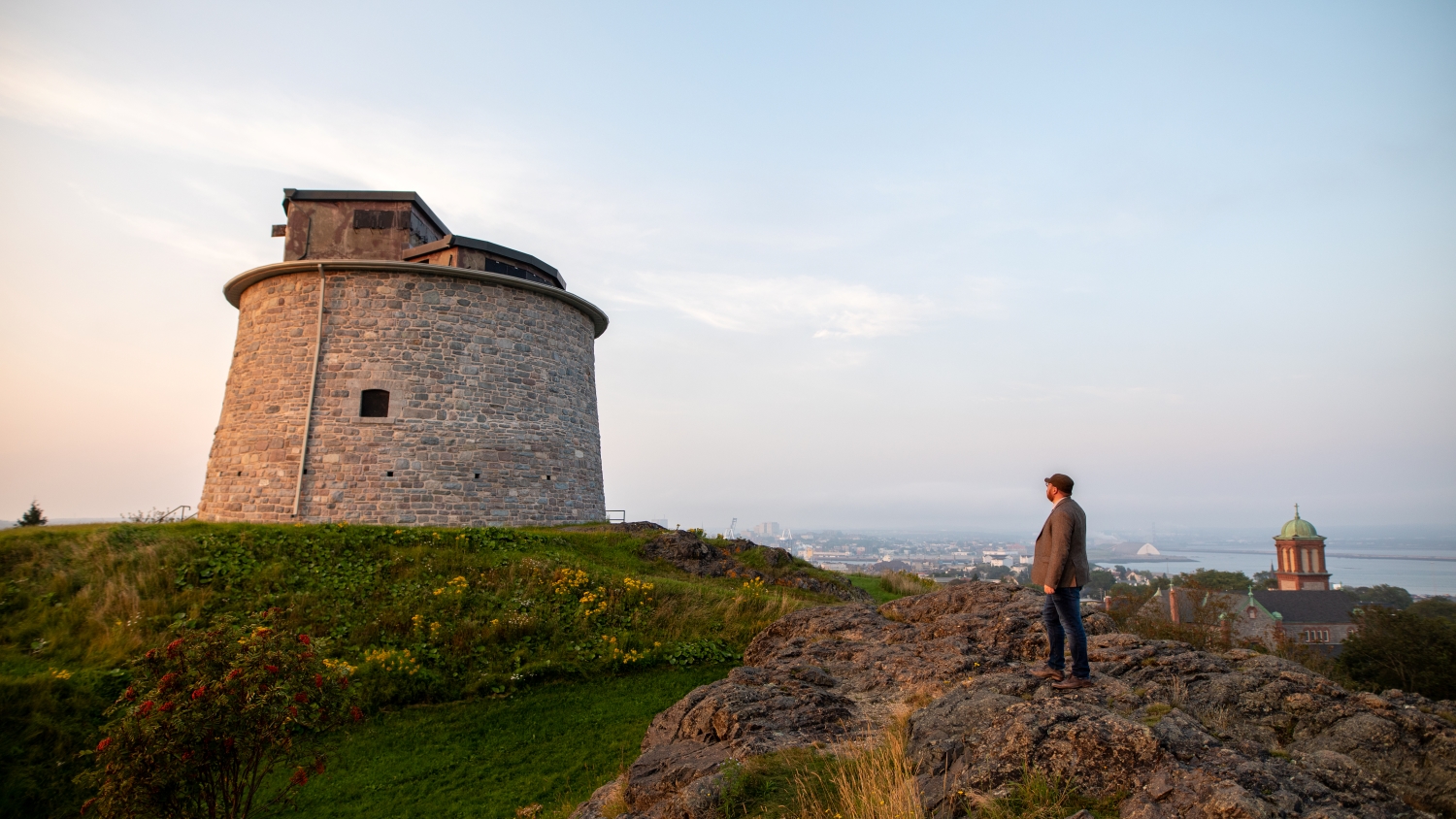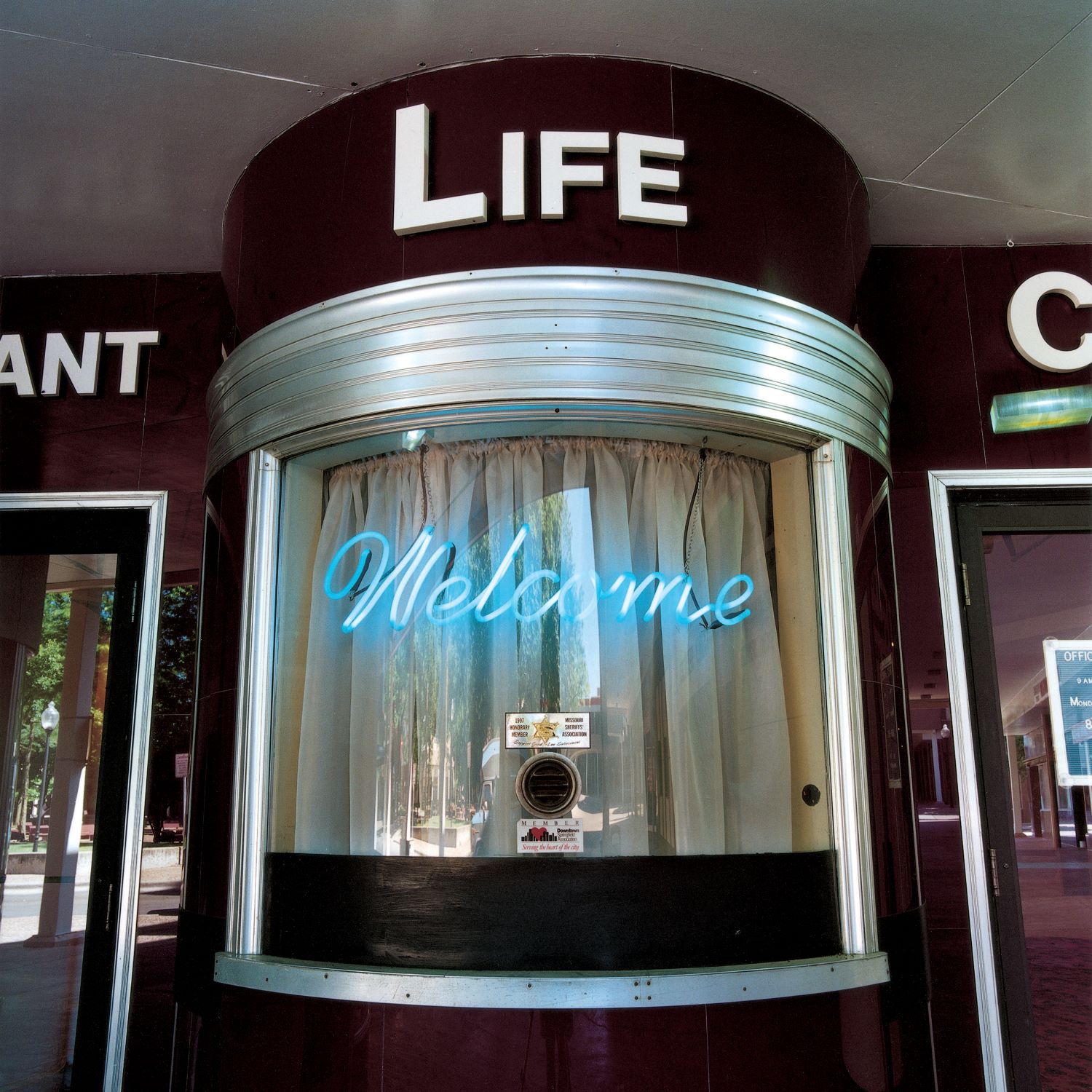It might come as no surprise, but two of Canada’s largest banks were birthed by thieving pirates. The stories of swashbuckling Canucks don’t often receive their due in our nation’s history. This slice of Canadian lore, however, marks the return of Canadiana, the web series created by Ashley Brook, Kyle Cucco, and Adam Bunch. Now in its third season, Canadiana finds slices of national history that have been hidden under rocks from coast to coast. This exploration of the oft-overlooked history of Canada gives the nation’s past the colour it deserves. Appropriately enough, it returns on Canada Day.
“I don’t want to slander high school history, but I think the way that it’s taught in high school turns people off at a younger age,” says Cucco, speaking with POV by Zoom. “One of the reasons that we started this series was to tell things with a cinematic slant and use storytelling narratives like the rise and fall of a climax. That’s not the way that we grew up learning about Canadian history.”
A Tale of Pirates, Banking, and Health Care
Season three of Canadiana begins with the two-parter “The Rise of Piracy in Canada.” It whisks audiences through the violent waters of the Maritimes to the rum-soaked bounty of the Caribbean. Host Adam Bunch playfully regales viewers with the history of legal pirates (aka “privateers”) like Peter Easton who broke bad on the lawless frontier of the East Coast. Canadiana tells how Easton amassed a fleet of anglers while thwarting colonialism and accumulating of riches plundered from rivals. However, the story is not one of pirates walking the planks. Rather, it’s one of orderly fashion. Canadiana unpacks a history of health care in Canada that predates Tommy Douglas. Canadian pirates, moreover, seem more Robin Hood than Nottingham sheriff.
Canadiana moves from adventures on the high seas to the story of privateers stashing their reserves on dry land. Landlubbers then invested their own money in these safe havens run by former thieves. The series marries past and present as it tells how pirates’ bounty laid the foundation for the Canadian Imperial Bank of Commerce (CIBC) and the Bank of Nova Scotia. Cucco says these kind of contemporary nuggets and twist endings are ideal hooks for Canadiana. “Pirate legends are everywhere along the East Coast,” says Cucco. “We wanted to get to the bottom of them and figure out what was real and what wasn’t.”
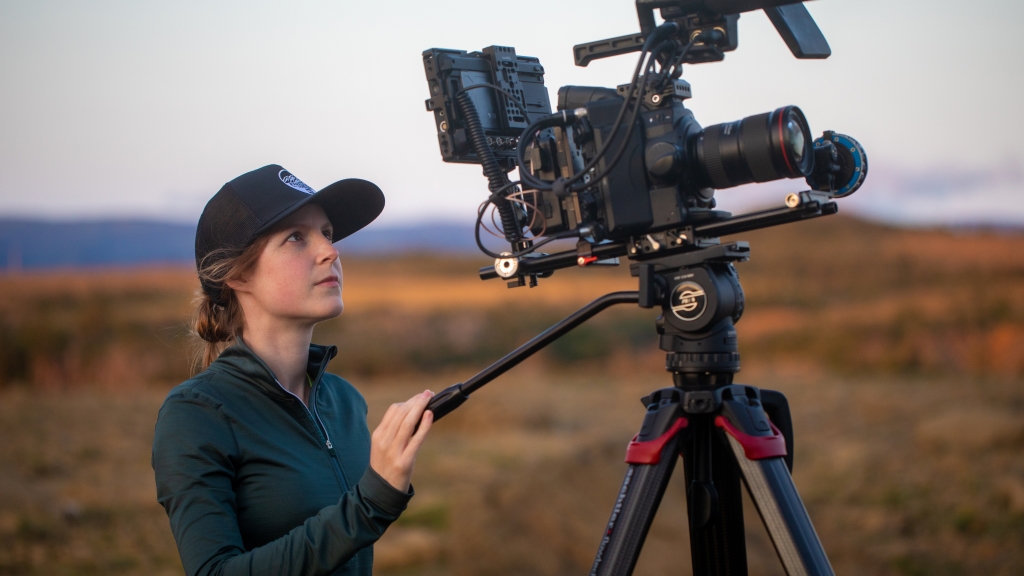
Running Where Heritage Minutes Walked
The series offers something of an extrapolation of Historica Canada’s Heritage Minutes, those cult favourites that taught Canadians about their history during commercials and enshrined burnt toast as Canada’s national aroma or saluted the power of the Halifax explosion. “Heritage Minutes inspire us, but they’re restricted to the one-minute length. We’re not restricted, so we have the freedom where the story takes the length of time that it needs and no more and no less,” explains Brook. This season offers ten episodes of varying length and ten shorter minisodes produced for Parks Canada, all of which serve to inspire viewers to dig deeper. “We don’t want the story to end with our video for viewers. This is just to wet their whistle, not to quench their thirst,” adds Brook.
“Which is what was great about Heritage Minutes too,” notes Cucco. “In a sense, they’re stepping stones to diving into the subjects they covered.”
Diving In
Each episode is a collaborative process with Bunch. The trio researches and scripts the episode. Bunch then orates while strolling picturesque locations and historical sites. Cucco says that the creative process for each season varies depending where the research takes them. “It’s like putting a puzzle together with the logistics and the stories,” he explains, “keeping them diverse in location and characters.”
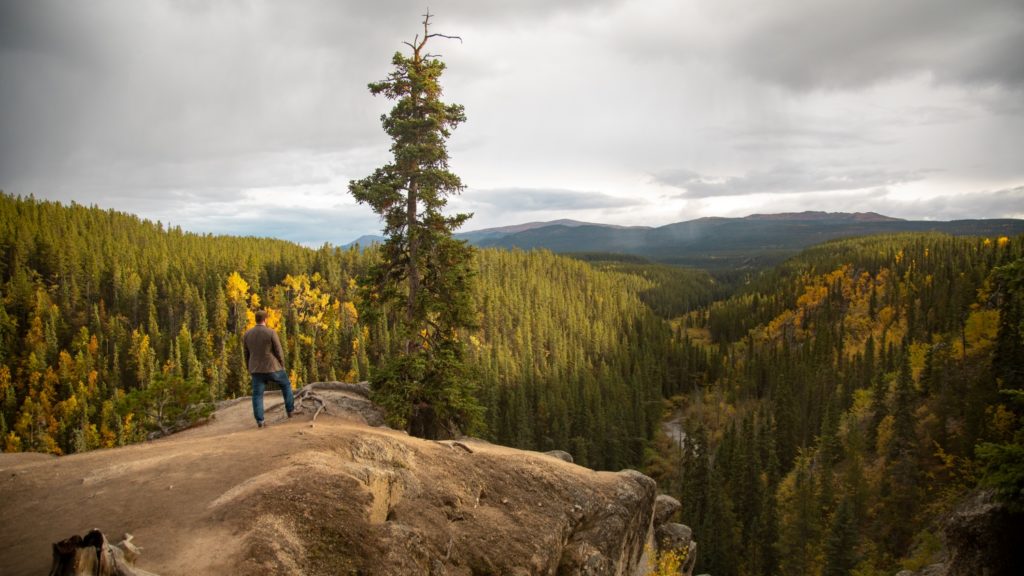
Research could mostly carry on as Canadiana, like other productions, rode the waves of the COVID-19 pandemic. Thanks to resources like The Canadian Encyclopedia, digitized records via Library and Archives Canada, and curbside pickups at the Toronto Public Library, Brook and Cucco continued to unearth overlooked histories during lockdown. However, the shift to Zoom facilitated other research as experts became more accessible. For one of the season’s minisodes, “The Stolen Whale of Red Bay,” the team tracked down the son of a late researcher who chronicled the odd case of a 40-year legal battle that spanned from Labrador to Basque when renegade whalers trolled the Atlantic like the Armada.
“The primary scholar had passed away, but her son continued her research,” notes Brook. “He’s living in Spain, but was an expert on that particular story, which is based in Red Bay, Labrador. It’s a story of a whale that went missing. One whaler blamed another whaler for stealing it and it became a decades-long court battle.”
“That minisode tells the broader story of how massive the whaling industry was along the coast of Labrador and how it was basically the center of whaling in the 1500s and 1600s,” adds Cucco. “It’s almost a lost story if not for the researcher and her son.”
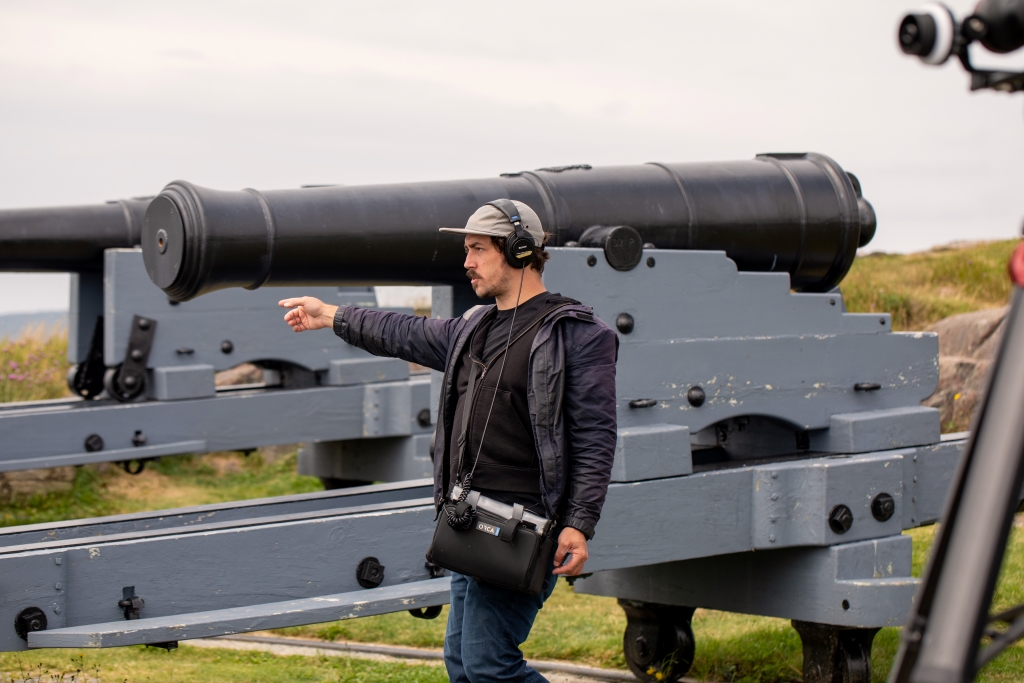
From the Iron Curtain to Sable Island
Other highlights season three of Canadiana include a look at “the Gouzenko Affair” and the genesis of the Cold War. “Some say the Cold War started in Ottawa with Igor Gouzenko, who defected from the Russian embassy,” observes Cucco. The tale inspired the 1948 Ottawa-shot noir The Iron Curtain starring Dana Andrews and Gene Tierney.
“The episode’s a bit of a spy thriller and we end up at the Diefenbunker in Ottawa,” adds Cucco. Viewers might recognize the underground Cold War safe house from Hollywood movies like The Sum of All Fears, but Canadiana unearths the layers of history housed around town. The season also explores the development of the Alaskan highway, a case of mistaken identity in Dawson City, and the legend of Quebecois witch la Corriveau. Doc fans who had their interests piqued by Hot Docs winner Geographies of Solitude, meanwhile, can learn about the arrival of horses on Sable Island in another episode.
Canadiana also tackles the larger challenge of looking beyond the settler narratives of the history books. “We try to include as much of the context and as many characters as possible,” explains Cucco. “For example, the first episodes tell a story about pirates, and the dangers of the St. Lawrence. The North Atlantic at the time saw France and Britain fighting each other, but also the Mi’kmaq fighting the invasion of the colonists. We’re trying to tell the stories that aren’t so much in the broad strokes of the history books.”
Season three of Canadiana debuts July 1.




